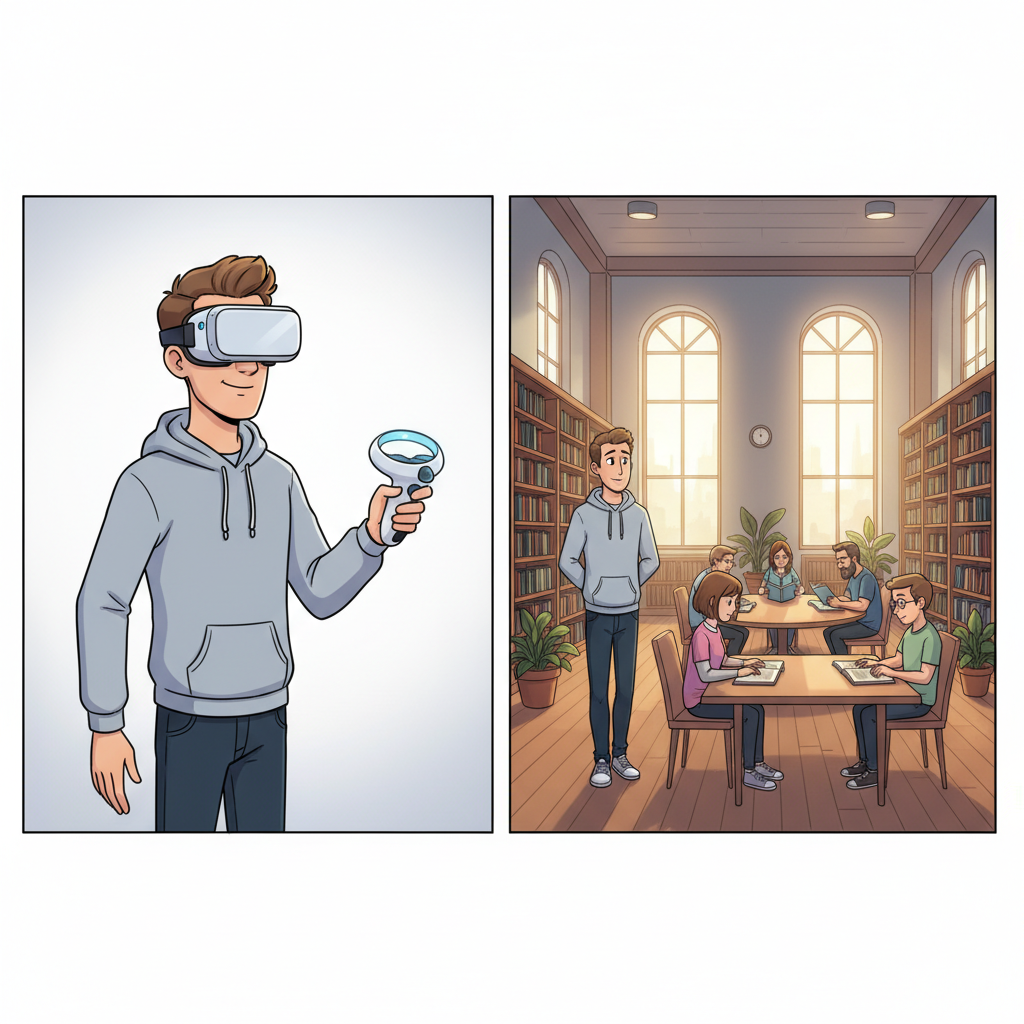
Please note – This lesson is best viewed in desktop mode – click the three dots on your browser and tick ‘desktop mode’ if viewing on a small screen device
AO1 (Description)
| Achievement (nAch) | Description: The drive to succeed, excel, and achieve goals in relation to a set of standards. Example: Seeking out projects with challenging but attainable goals and receiving clear performance feedback. |
| Achievement Profile | High nAch: Prefer personal responsibility, challenging tasks, and concrete feedback. Low nAch: Prefer routine tasks, avoid risk and personal responsibility, and are less driven by goals. |
| Affiliation (nAff) | Description: The desire for friendly and close interpersonal relationships and social acceptance. Example: Actively participating in team-building activities and prioritising harmonious working relationships. |
| Affiliation Profile | High nAff: Conform to group norms, seek approval, are cooperative, and fear rejection. Low nAff: Are more task-focused, comfortable working alone, and less concerned with social approval. |
| Power (nPow) | Description: The need to make an impact, influence others, and be in control of one’s environment. Example: Seeking leadership roles, mentoring junior staff, or leading a major project or presentation. |
| Power Profile | High nPow: Are assertive, persuasive, and enjoy competition and status. They can be inspirational (socialised) or domineering (personal). Low nPow: Are comfortable being led, dislike conflict or influencing others, and prefer to be a team member. |
AO1 (Description) – for Thematic Apperception Test (TAT)
| TAT Test | Description: The Thematic Apperception Test (TAT) is a projective psychological test. Individuals are shown ambiguous pictures and are asked to create a story about what is happening, what led up to it, and what the outcome will be. |
| Assessing Needs | Description: Psychologists analyse the themes, thoughts, and actions of the characters in the participant’s stories. Recurring themes of success and goals indicate nAch, themes of friendships and relationships indicate nAff, and themes of influence and control indicate nPow. |
| Projective Advantage | Description: As a projective test, it aims to access unconscious motives that the individual may not be aware of or may hide on a direct questionnaire. This provides an advantage over self-reports, which can be influenced by social desirability bias (giving socially acceptable answers). |
AO3 (Evaluation)
| Application to Everyday Life | Point: Strength is high real-world application. Evidence: Used to tailor rewards like challenges for nAch employees. Explanation: This provides a practical way to improve workplace motivation. Link: This gives the theory high application value. Counterpoint: However, it is reductionist by oversimplifying human motivation to only three needs. |
| Individual and Situational Explanations | Point: Weakness is its focus on individual explanations. Evidence: Attributes motivation to internal motives, not the situation. Explanation: Ignores how a poor work environment can demotivate anyone. Link: This lowers the validity of its explanations. Counterpoint: However, it shows how personality traits can be consistent. |
| Cultural Differences | Point: Weakness is potential cultural bias. Evidence: nAch is valued in individualistic cultures but less so in collectivist ones. Explanation: The theory’s idea of an ‘ideal’ worker (one who is high on nAch) is not universal. Link: This reduces the generalisability of the theory. Counterpoint: However, the three needs are likely universal human drives. |
| Determinism vs. Free Will | Point: Strength is it supports soft determinism. Evidence: Suggests unconscious motives, measured by the TAT, direct us. Explanation: Implies we have limited free will over our core drives. Link: This helps explain behaviour but challenges free will. Counterpoint: However, employees can choose environments that fit our needs. |
| Validity | Point: Weakness is questions over its validity. Evidence: Relies on the TAT, which is subjective and unreliable. Explanation: If the measuring tool is flawed, the theory’s evidence is weak. Link: This challenges the validity of the theory’s claims. Counterpoint: However, the TAT may access unconscious needs that questionnaires miss. |
search terms – 9990 psychology, 9990 a levels psychology, organisational psychology, cie psychology, as and a levels , motivation, McClelland’s achievement motivation theory of needs, saeednia, ao1, ao3, evaluation, strengths and weaknesses, issues and debates, essays, 10-markers, 6-markers, revision, past paper solutions, 9990 2024-26 new syllabus, need for achievement, TAT, need fir affiliation, need for power


